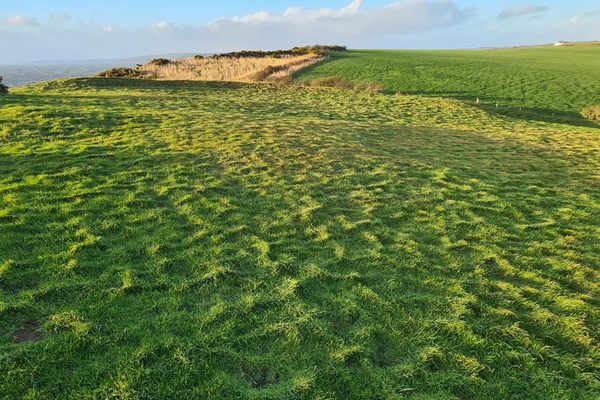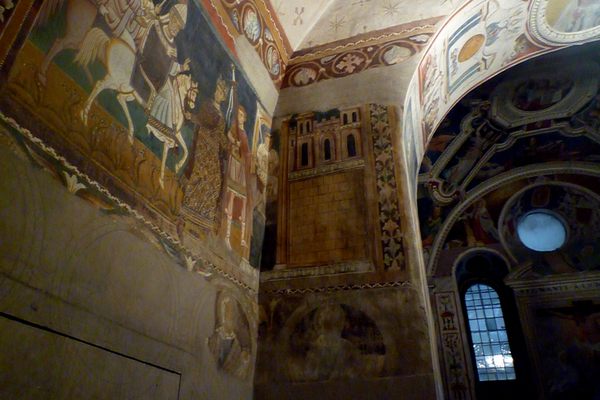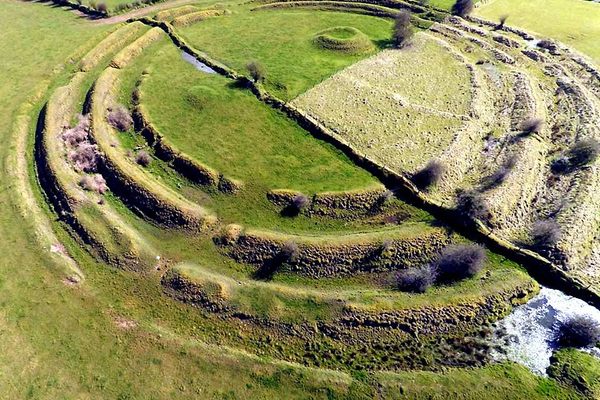About
Naganeupseong is home to more than two hundred Koreans who still live out their daily lives much the same as Koreans did during the height of the Joseon Dynasty.
This small village in the eastern reaches of Jeollanam-do, near Suncheon bay, is considered the best preserved example of a Korean fortress town. According to records kept during the Joseon dynasty there were over 330 of these fortress towns around the Korean peninsula. During the Japanese occupation, many of them were destroyed or dismantled. However, Naganeupseong, along with its inhabitants, remains nearly untouched, the town becoming a UNESCO World Heritage site in 2011. The site of the village has actually been inhabited since the beginning of the first millennia, the area was selected as a fortress village in the early 10th century by the Goryeo Dynasty but began to truly flourish in the late 1300s under the Joseons.
231 of the houses in Naganeupseong are still in their original condition, with thatched roofs, mortar free stone work, no plumbing, and living spaces that would be considered a little cramped by today's Western standards. Among the people going about their ancient versions of daily lives are a smattering tourists brave enough to make the drive or take the municipal bus. Around the town are numerous and haphazard dioramas of historical Korean life in the town; including hands on traditional games of skill and papier-mâché-like models of corporal punishment and administrative proceedings. The odd dichotomy of buying a cold bottle of water from a gift shop and then peering into someone's living "room" is a little unsettling.
Other sites in the village include a large lotus pond, fortress walls and some well preserved original houses with no one living in them that allow visitors to step inside. Beyond simply wandering around as a voyeur the village does offer many activities to participate in at special times throughout the day and year. Traditional art, weaving, dyeing and music experiences are all available. There are also regular performances of traditional music and dancing. There is even a lesson in traditional Korean tea ceremony etiquette or riding in a dalguji.
The Naganeupseong Folk Village is a great excuse to stare at people or admire the Confucian ideology of harmony with nature present in the arrangement of the village and the architecture therein. Time travel back 600 years in Korea or have a laugh trying on traditional Korean clothes. Anyway you look at this place, it's off the beaten path.
Related Tags
Know Before You Go
From Dong Seoul Bus Terminal or Seoul Central City Bus Terminal.
Take an intercity bus to Suncheon Intercity Bus Terminal.
From Suncheon Bus Terminal.
Cross Suncheon3-gil st. and walk along Palmaro st. to the bus stop.
Take bus 61, 63 or 68 to Naganeupseong Folk Village. (50 min-ride)
Published
January 26, 2014
Sources
- http://english.visitkorea.or.kr/enu/SI/SI_EN_3_1_1_1.jsp?cid=264262
- http://www.tripadvisor.com/ShowUserReviews-g1074107-d3209597-r143009331-Nagan_Eupseong_Folk_Village-Suncheon_Jeollanam_do.html
- http://en.wikipedia.org/wiki/Naganeupseong
- http://whc.unesco.org/en/tentativelists/5598/
- http://easydistance.com/2013/08/20/mokpo-and-the-fam/































